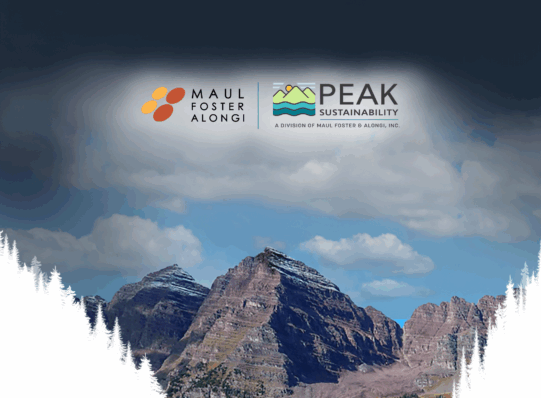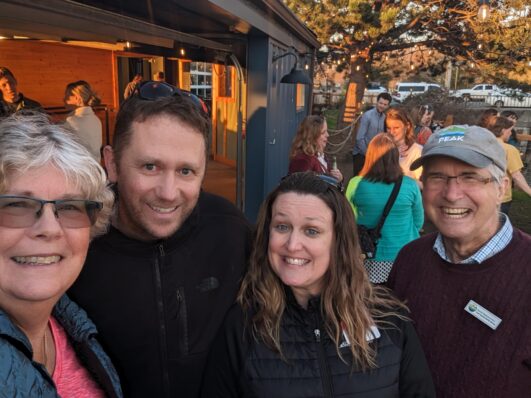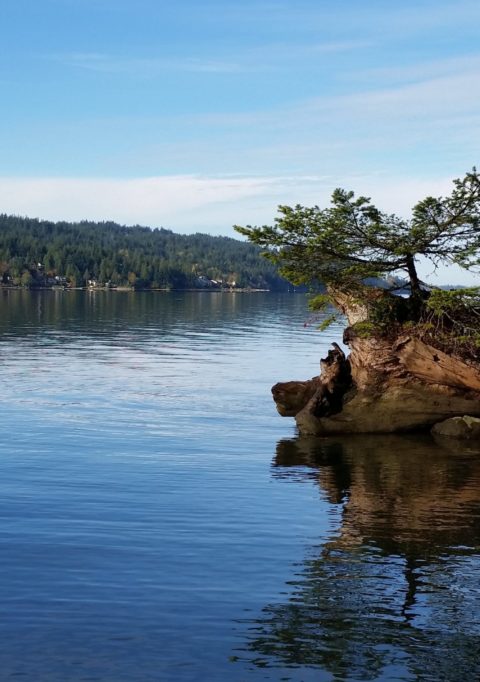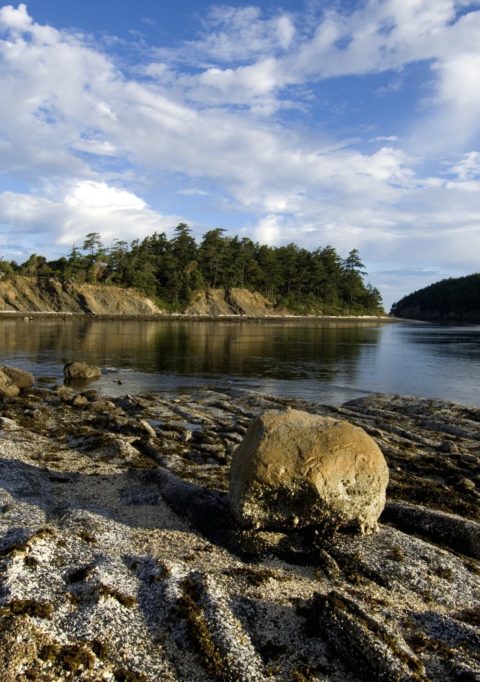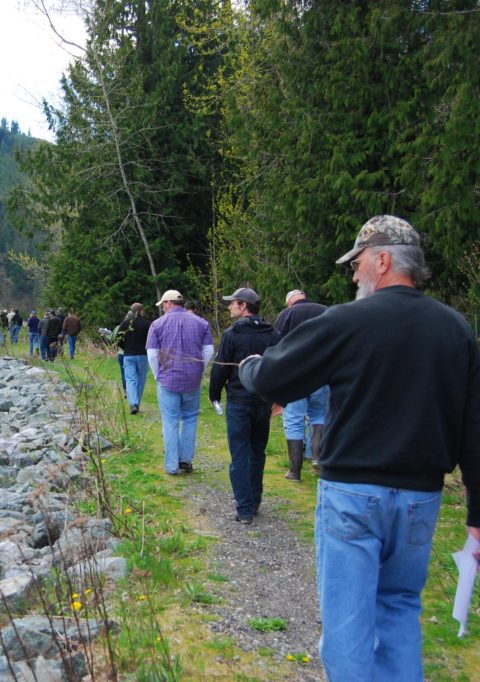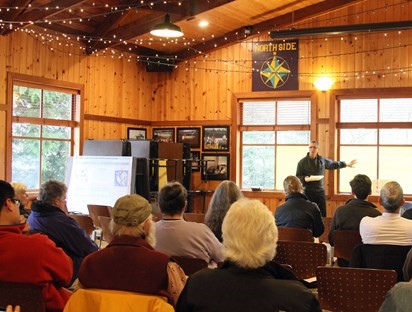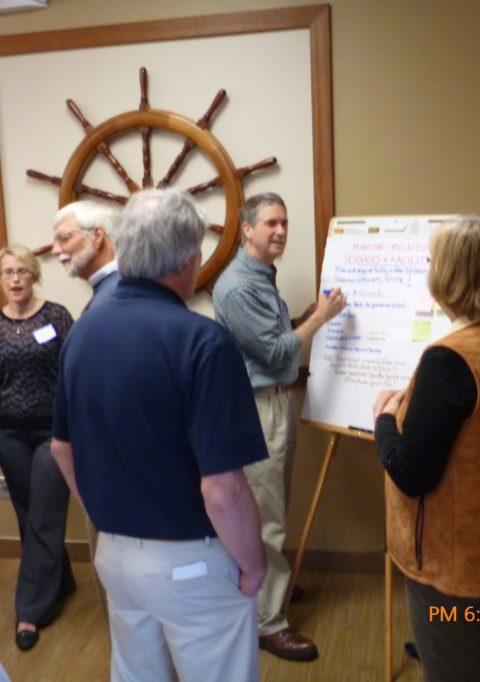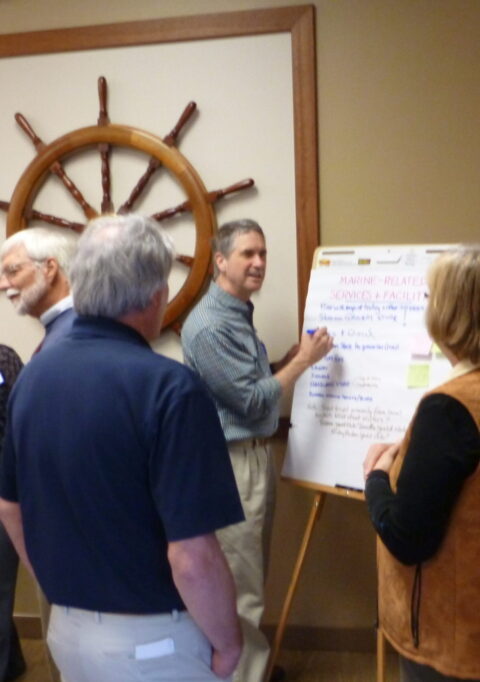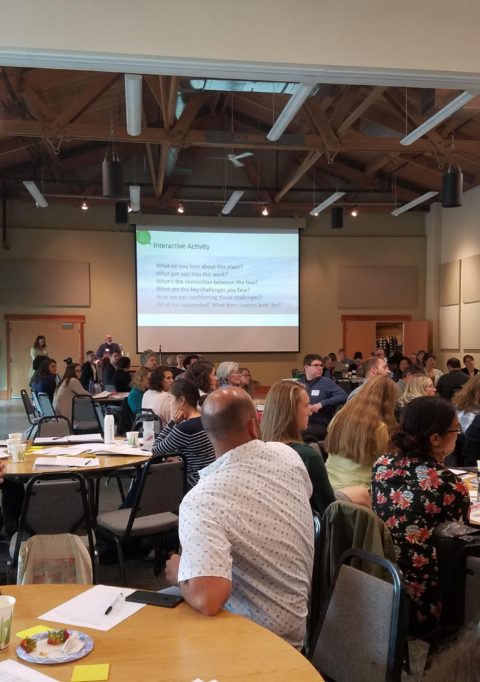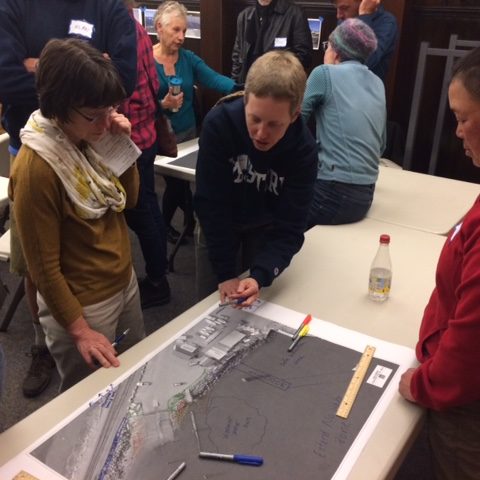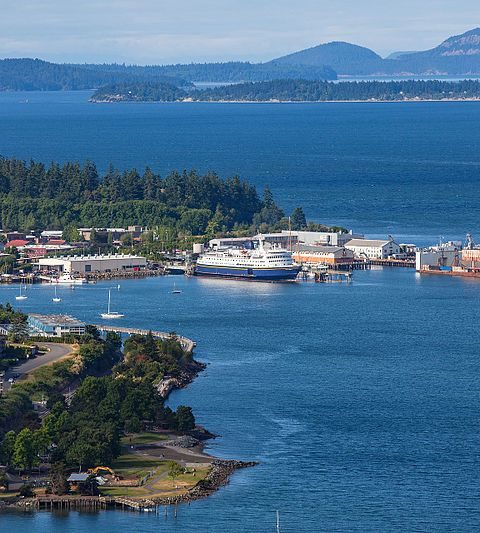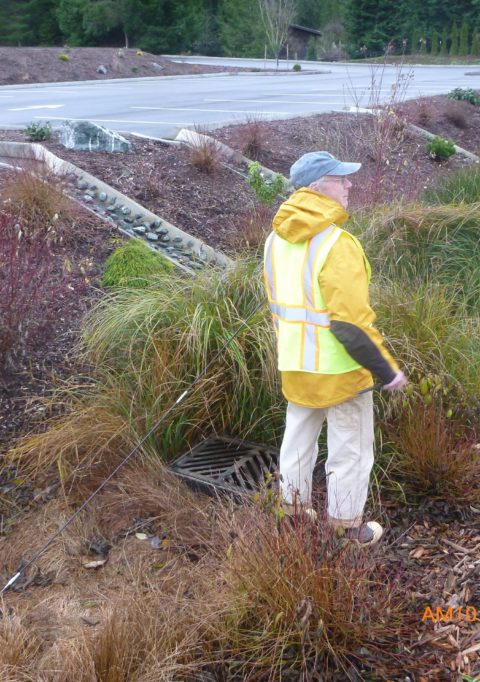Vancouver, Wash. – Maul Foster & Alongi, Inc. (MFA), a leading Pacific Northwest multidisciplinary firm, is excited to announce the acquisition of Peak Sustainability Group, a respected Bellingham, Washington-based firm specializing in climate change and sustainability services. The acquisition of Peak reflects MFA’s ongoing commitment to environmental stewardship and sustainable business practices. This partnership enables MFA…
Farmers speak up
Farmers Believe In Climate Change but Not the Cause
“Farmers have experienced a lot of extreme weather since 2011, from droughts to extreme wet, and it’s likely that’s driving some of the changes in perspectives,” said J. Arbuckle, professor and extension sociologist at Iowa State University. “Of course, farmers are closer to the weather than most folks, and that extreme weather can really make it difficult to plant, raise and harvest high-quality crops.”
2021 Farm and Rural Life Poll conducted by Iowa State University Extension and Outreach and the Iowa State Center for Survey Statistics and Methodology.
A new 2021 Farm and Rural Life Poll conducted by Iowa State University and Outreach and Iowa State Center for Survey Statistics and Methodology shows American farmers overwhelmingly believe climate change is real and will create significant weather problems. They disagree about whether it’s simply a cyclical weather pattern vs. being human caused.
- 80% of farmers* believe climate change is occurring.
- More than half are concerned with its impact on their operations.
- Just 18% believe human activities are causing climate change.
The president of the Great Plains Institute suggests that farmers would be on board if it is framed as a financial decision instead of a philosophical decision. “As long as people are prepared and willing to adopt practices that can help society decarbonize,” Nordstrom said. He advocates for government agencies to provide incentives for farmers to reduce their carbon footprint and play a role in carbon sequestration, such as taking carbon removed from the atmosphere and burying it underground.
How Do Farmers Think about Climate Risk?
How does climate affect farmers? Let us count the ways… First and foremost, they worry about flooding and erosion. They were especially concerned about extreme rainfall events during critical farming periods. Secondly, they worry about short-term and long-term economic risks. Their main concerns included: (a) market volatility, (b) crop failure, (c) insecure land tenure, and (d) financial stress from adapting to climate change, and e) labor shortages.
*In this study, Vermont farmers identified many site-specific risks that they associate with extreme weather and climate change. From their standpoint, these risks are not new. Rather, they represent familiar risks that are being intensified by recent climate changes. Farmers in Vermont are actively adapting to changing weather patterns. Many farmers are already experiencing crop damage from extreme precipitation and late planting due to wet springs. Many are using well known conservation practices.
Familiar risks that are amplified…
- Uncertainty about timing and severity of extreme weather events limits planning.
- Many farmers reported not knowing how to best prepare for climate change.
- Farmers who endured damage during past extreme weather were more likely to adopt proactive strategies.
- Intensified weed and pest pressure may also result from extended seasons and warmer winters.
Traditional knowledge of the land and point to climate changes as well. Native American communities are observing a range shift in their traditional foods gathered from the forests. This impacts their hunting and gathering in their usual and accustomed places of harvest.
*The Northeast Regional Vulnerability Assessment provides an overview of regional agriculture and forest sensitivities to climate change and suggests adaptation strategies that can help build resilience. *Read the Quick Summary.
